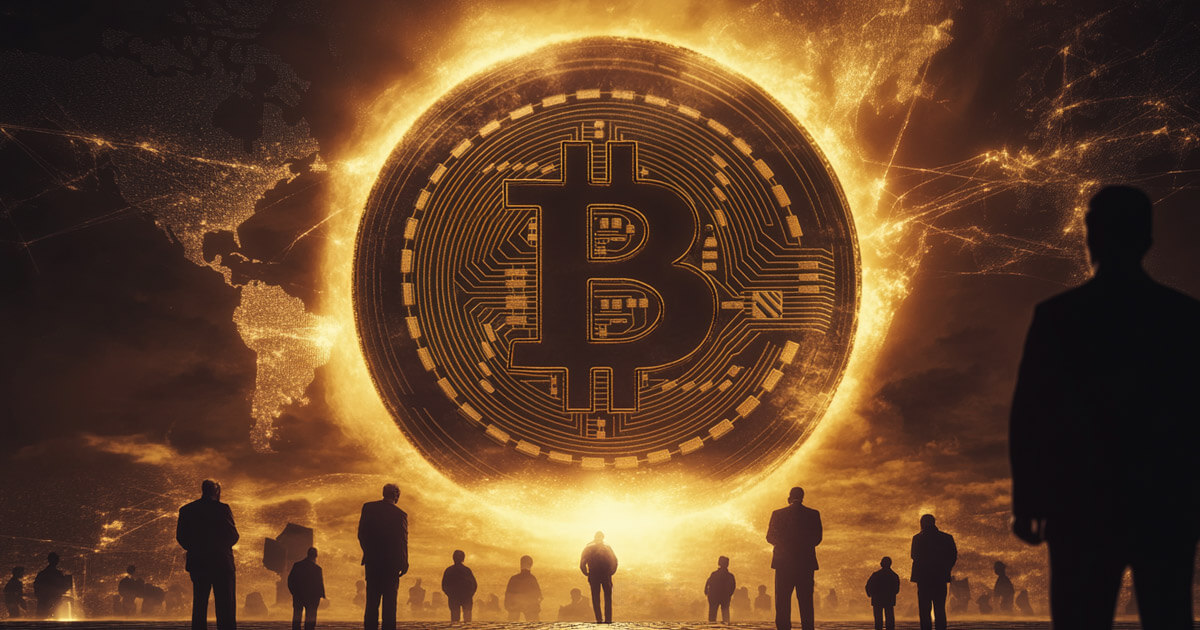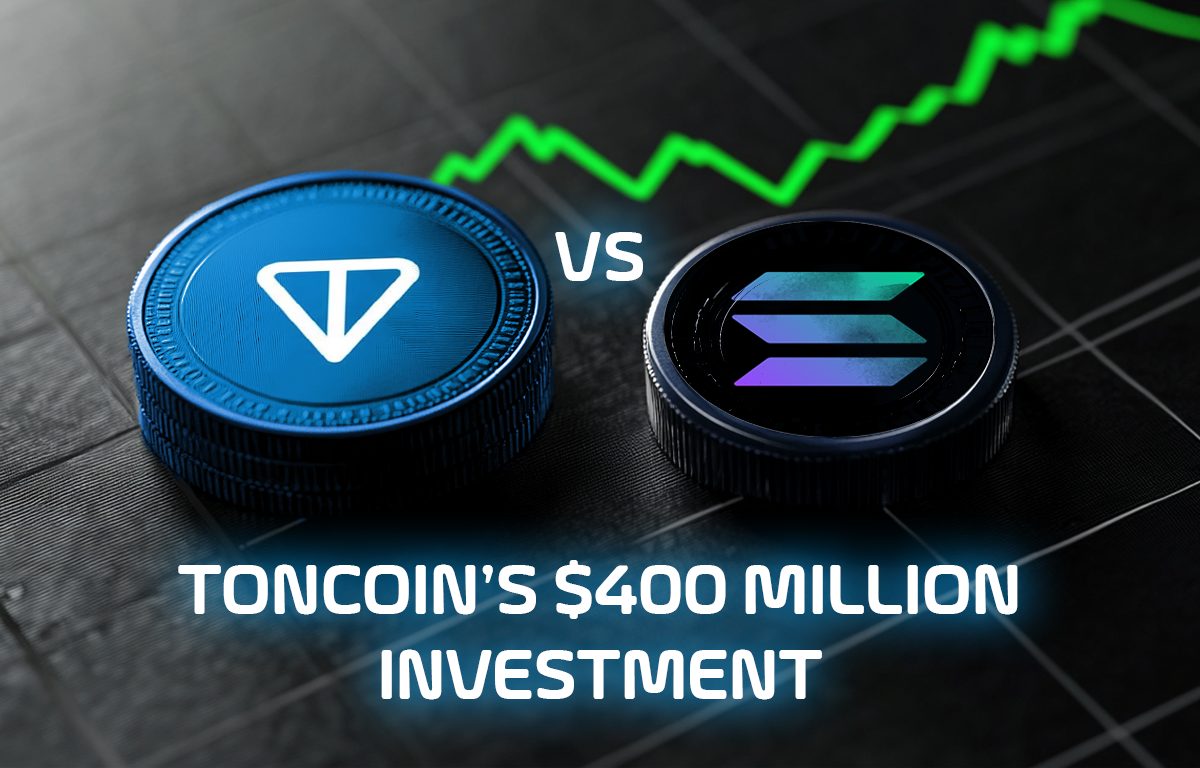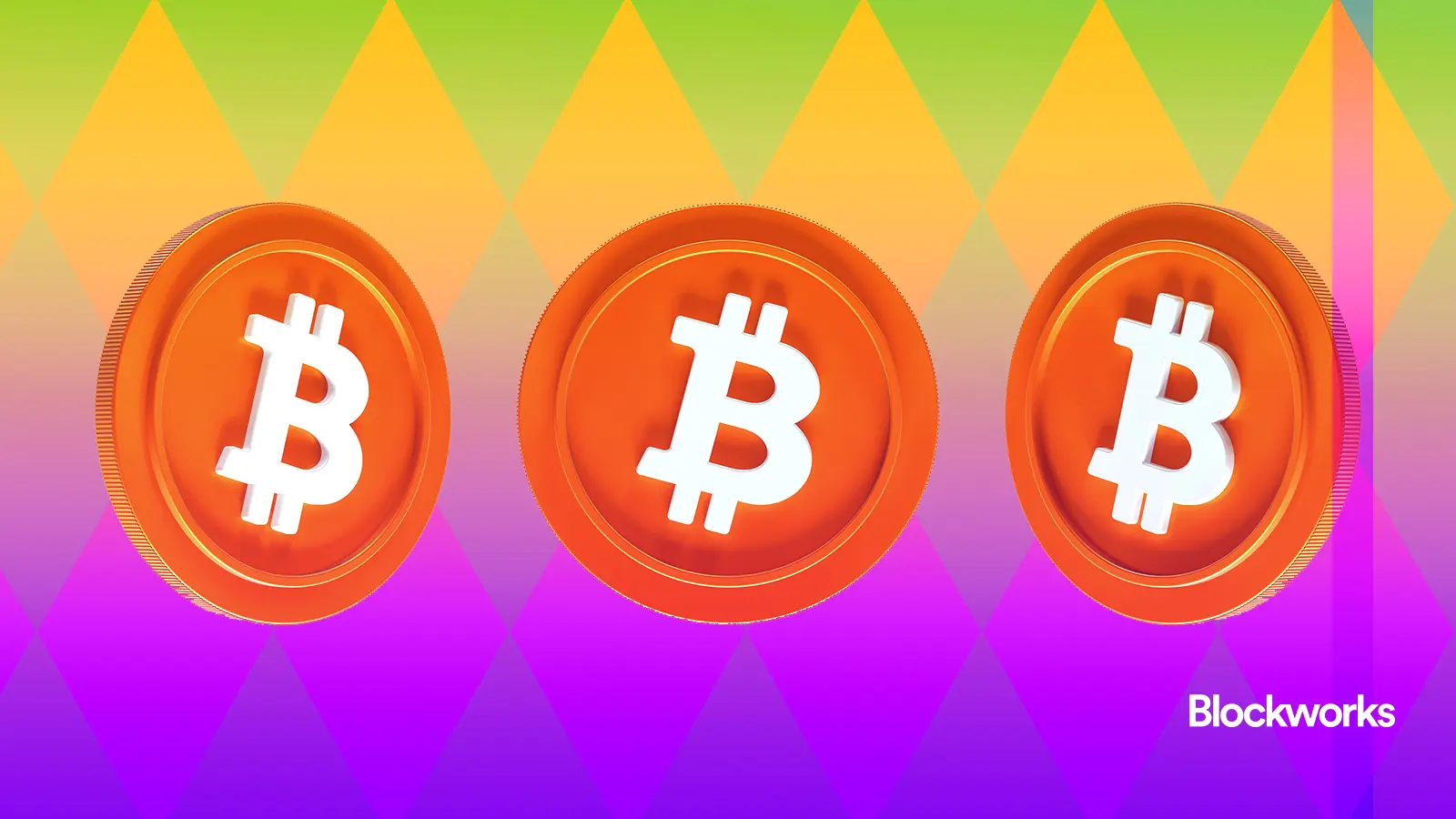Bitcoin: The Disruptive Innovation Challenging the U.S. Dollar’s Global Reserve Status
In his 2025 annual letter to shareholders, Larry Fink, the chairman and CEO of BlackRock, the world’s largest asset manager, officially recognized Bitcoin as a disruptive innovation that could potentially challenge the U.S. dollar’s status as the global reserve currency. Fink’s letter explicitly frames Bitcoin as both an investment opportunity and a geopolitical risk.
A New Era for Currencies: Bitcoin as an Investment Opportunity
Fink’s recognition of Bitcoin as a disruptive innovation comes as no surprise, given the rapid growth and increasing mainstream adoption of the digital currency. Bitcoin’s decentralized nature, limited supply, and secure blockchain technology make it an attractive alternative to traditional currencies and gold.
Moreover, the increasing institutional adoption of Bitcoin has further solidified its status as a legitimate investment asset. In 2021 alone, several prominent financial institutions, including BlackRock, JPMorgan, and Tesla, have announced their exposure to Bitcoin. This trend is expected to continue, as more investors seek to diversify their portfolios and hedge against inflation and currency devaluation.
Geopolitical Risks: Bitcoin as a Response to U.S. Debt and Deficits
On the other hand, Fink also highlighted the geopolitical risks associated with Bitcoin, particularly in the context of the U.S. government’s failure to rein in debt and deficits. The U.S. dollar’s status as the global reserve currency has long been a source of economic and political power for the United States. However, the increasing debt levels and deficits have raised concerns about the sustainability of this status.
Bitcoin, as a decentralized and borderless digital currency, could potentially serve as an alternative to the U.S. dollar as a global reserve currency. This could have significant implications for the global economy, as well as for U.S. foreign policy and geopolitics.
Impact on Individuals: Diversification and Hedging
For individuals, Fink’s recognition of Bitcoin as a disruptive innovation and potential alternative to traditional currencies could have significant implications. As investors seek to diversify their portfolios and hedge against inflation and currency devaluation, Bitcoin may become an increasingly attractive option.
- Individuals may consider adding Bitcoin to their investment portfolios as a means of diversification.
- Bitcoin could serve as a hedge against inflation and currency devaluation.
- Bitcoin’s decentralized and borderless nature makes it an attractive option for individuals seeking to protect their wealth and financial privacy.
Impact on the World: Geopolitical Shifts and Economic Implications
At the global level, Fink’s recognition of Bitcoin as a potential challenge to the U.S. dollar’s status as the global reserve currency could have significant geopolitical and economic implications.
- A shift away from the U.S. dollar as the global reserve currency could lead to significant geopolitical shifts, as other countries and regions seek to establish alternative financial systems and alliances.
- The increasing adoption of Bitcoin as a global currency could have significant economic implications, particularly in the areas of trade, finance, and monetary policy.
- The impact of Bitcoin on the global economy could be further amplified by the increasing adoption of blockchain technology and decentralized finance (DeFi) platforms.
Conclusion: A New Era for Currencies and Finance
In conclusion, Larry Fink’s recognition of Bitcoin as a disruptive innovation and potential alternative to the U.S. dollar as the global reserve currency marks a significant milestone in the evolution of currencies and finance. While the implications of this shift are far-reaching and complex, one thing is clear: the world of currencies and finance is entering a new era, and Bitcoin is at the forefront of this transformation.
For individuals, this transformation presents both opportunities and risks. As investors seek to diversify their portfolios and hedge against inflation and currency devaluation, Bitcoin may become an increasingly attractive option. However, it is important to approach Bitcoin with a thoughtful and informed perspective, and to consider the potential risks and challenges associated with this emerging asset class.
At the global level, the impact of Bitcoin on the world economy and geopolitics is still uncertain. However, one thing is clear: the increasing adoption of Bitcoin and decentralized finance is challenging the status quo and paving the way for a new era of currencies and finance.





